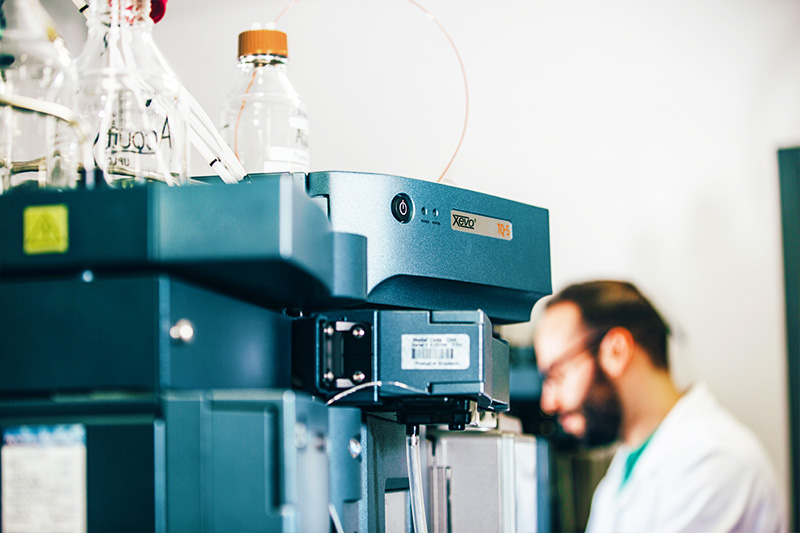About the Project

During the project, 11 ESRs will be recruited to complete research projects in: Biomarker Discovery (WP1), Molecular Resistance Mechanisms (WP2) and Metabolic Transformation Mechanisms (WP3).
The overall aim of the research programme is to integrate basic and applied research in three related themes in order to deliver new diagnostic & prognostic tools and therapeutic approaches for patients with OOC.
ESRS will adhere to a timetable outlining the deliverables and milestones required throughout the four years. These deliverables and formal reports will be delivered to the Commission as required by the Grant Agreement, and will ensure a consistent output throughout the PhD programme. Click here to view the timetable.
Outputs from WP1 will address current diagnostic clinical needs, and also provide prognostic means for predicting therapeutic responses in patients, while outputs from WPs 2 and 3 will address current therapeutic unmet needs. The individual ESR projects will integrate research across biochemistry, immunology, dental science and medicinal chemistry academic disciplines to deliver diagnostic, prognostic and therapeutic options with clinical relevance. Through our SME/industrial partners, ESRs will be exposed to next-generation technologies in cancer diagnosis, metabolism (including glycomics, metabolomics), genome scale CRISPR knockout and next generation sequencing, imaging, biomarker identification, exosome isolation/analysis, medicinal chemistry, target identification/validation, bioinformatics, protein structure, computational modelling and drug development.
TRACT will implement a multi-faceted approach to discover novel diagnostic and prognostic biomarkers to enable more focused administration of current chemotherapeutics. In parallel with and complementing these studies, novel protein targets will be determined and initial PoC small molecule modulators will be discovered to serve as a starting point towards the ultimate target validation in future clinical trials. The successful completion of the project goals is bolstered by the fact that: (1) The ESR projects will not be interdependent which is a key strength of the programme; (2) each ESR will be co-supervised by an academic and industrial world-leader in their area of expertise thereby significantly enhancing the likelihood of success of the individual projects and of the research programme as a whole.
